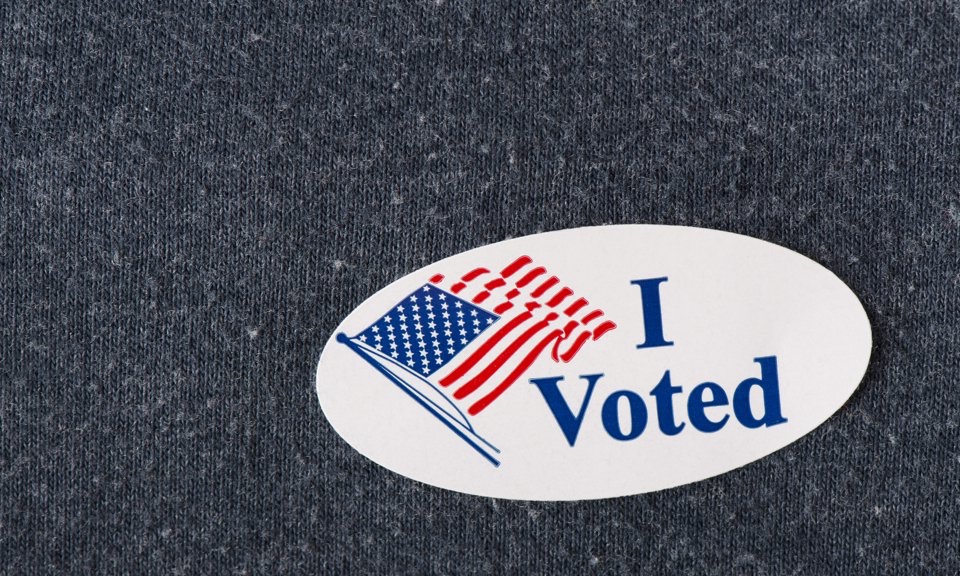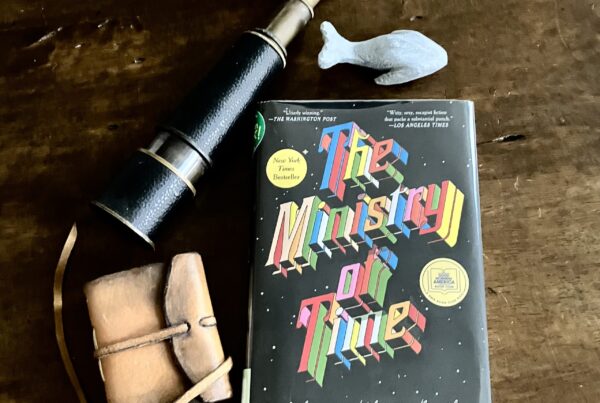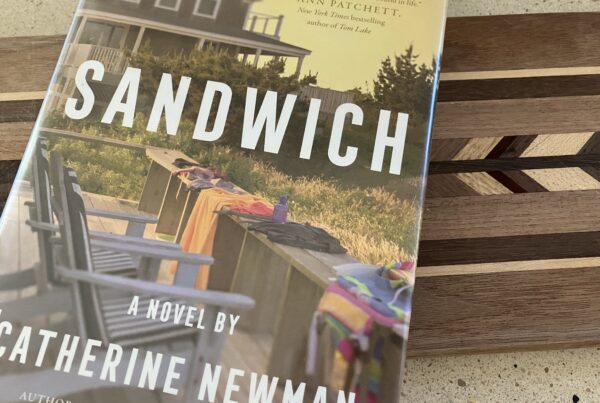a bookclique pick by Katrina Smith
This Thanksgiving, I am particularly thankful for my right to vote and my right to actively participate in our democracy. It was an exciting election season, with unprecedented participation and inspiring victories. However, Carol Anderson’s One Person, No Vote: How Voter Suppression Is Destroying Our Democracy reminds us that the right to vote in this country is not guaranteed.
One Person, No Vote chronicles the changing U.S. voting landscape and the disenfranchisement of huge portions of the electorate since the 2013 Supreme Court decision Shelby County v. Holder. By a 5-4 majority, the Court in Shelby County turned back a key provision of the 1965 Voting Rights Act (VRA) that required certain states and local governments with histories of discrimination in voting to seek “preclearance” from the federal government before changing their voting laws. The majority justified their ruling by arguing that the VRA’s requirement was no longer necessary because those jurisdictions had made significant progress combatting racial discrimination at the polls.
Since the Court’s decision in Shelby, however, thousands of polling locations have been closed and new laws regarding voter IDs, ballot regulations, purging lists, and gerrymandering have restricted the voting rights of minorities. Anderson demonstrates how these regulations have been part of an effort to maintain power without needing to appeal to an ever-changing electorate. Indeed, her predictions about the 2018 Midterm Elections in many ways were proven true this past election cycle, with brazen acts of suppression in the likes of Georgia and North Dakota. By the end of One Person, No Vote, Anderson’s argument seems indisputable: voter suppression is making our government undemocratic and unrepresentative by skewing the electorate.
Although Anderson leaves her readers on a somber note, the wall does not appear insurmountable. Voter ID laws may have been legislated in North Carolina and Arkansas, but more than one million people with felony records will now be allowed to vote in Florida; registration deadlines are now a thing of the past in many states; citizens of Michigan and Nevada will now be automatically registered to vote; fair redistricting from independent commissions has been approved in Michigan, Missouri, Colorado, and Utah; and Kansas voters denied Kris Kobach, its sitting Secretary of State and a vehement proponent of voter suppression, from becoming its next governor.
Anderson compellingly demonstrates how voting has become a privilege, and not a right, and convinces us of the urgency of fighting to protect our democracy.




